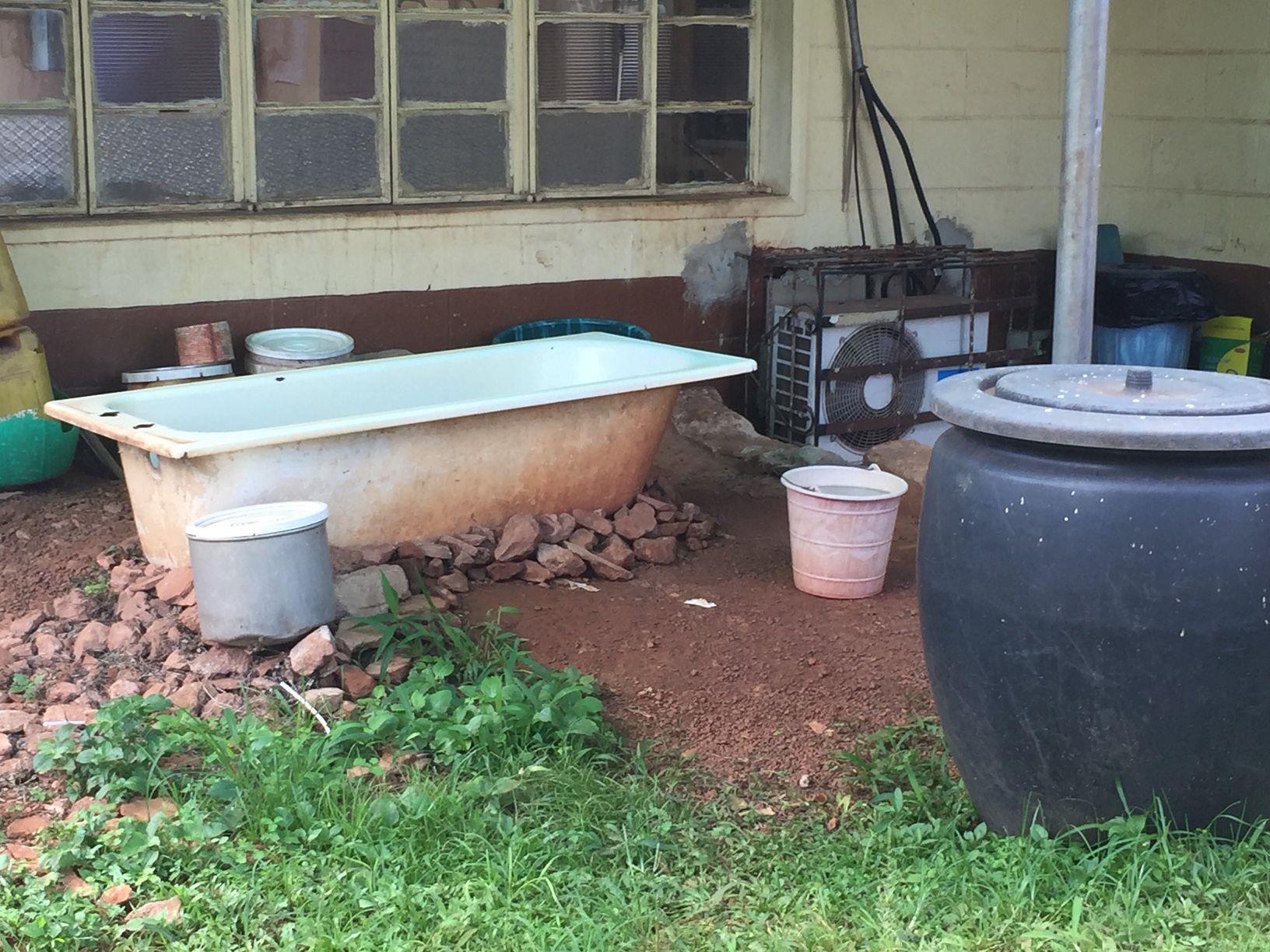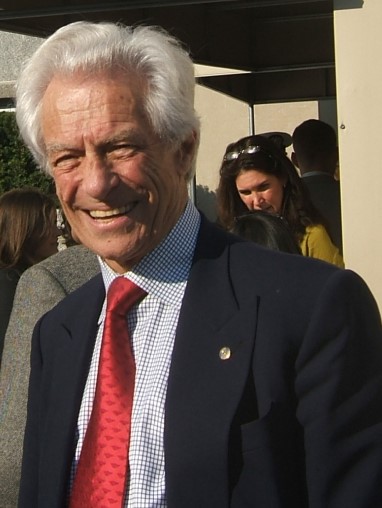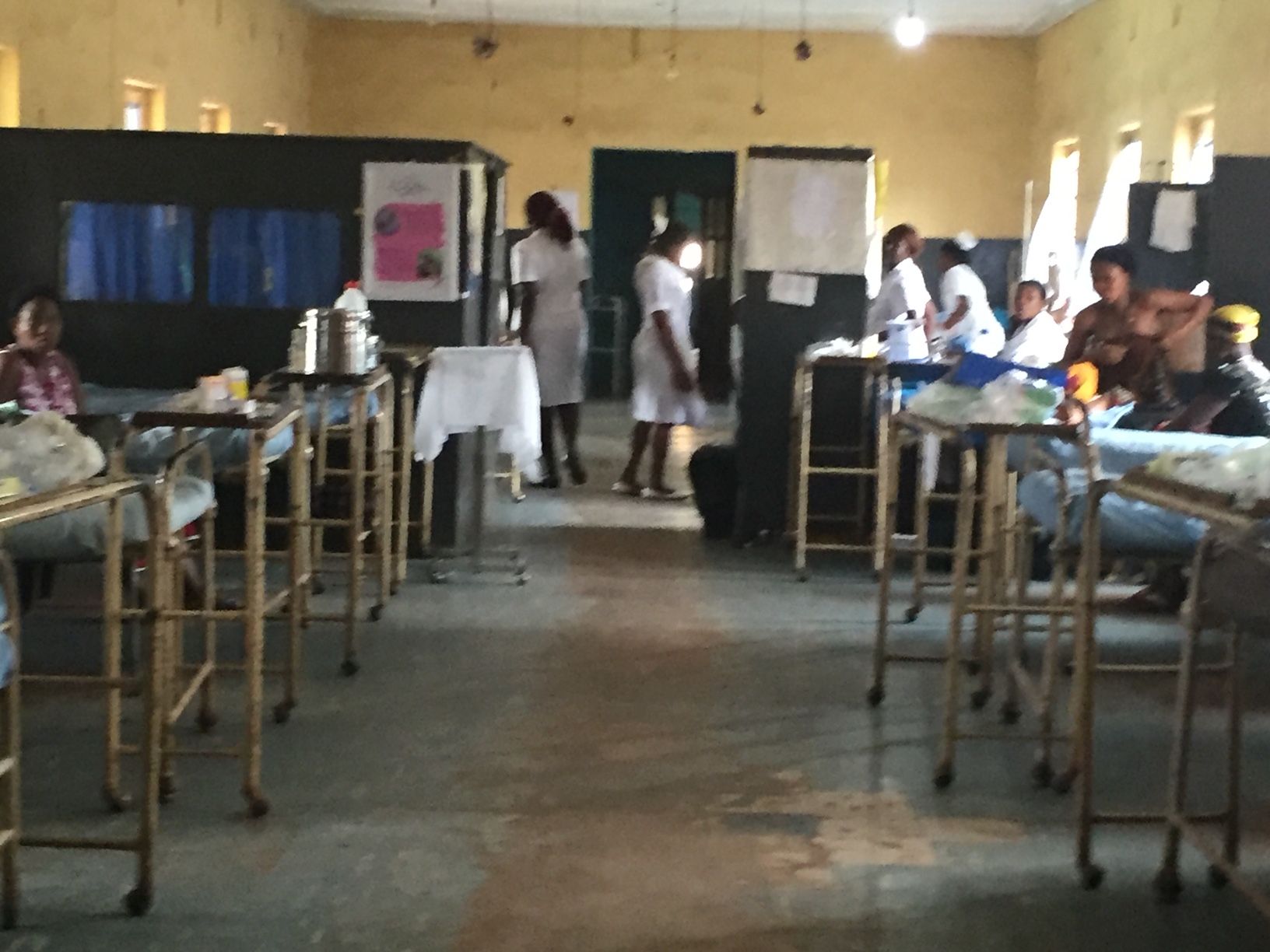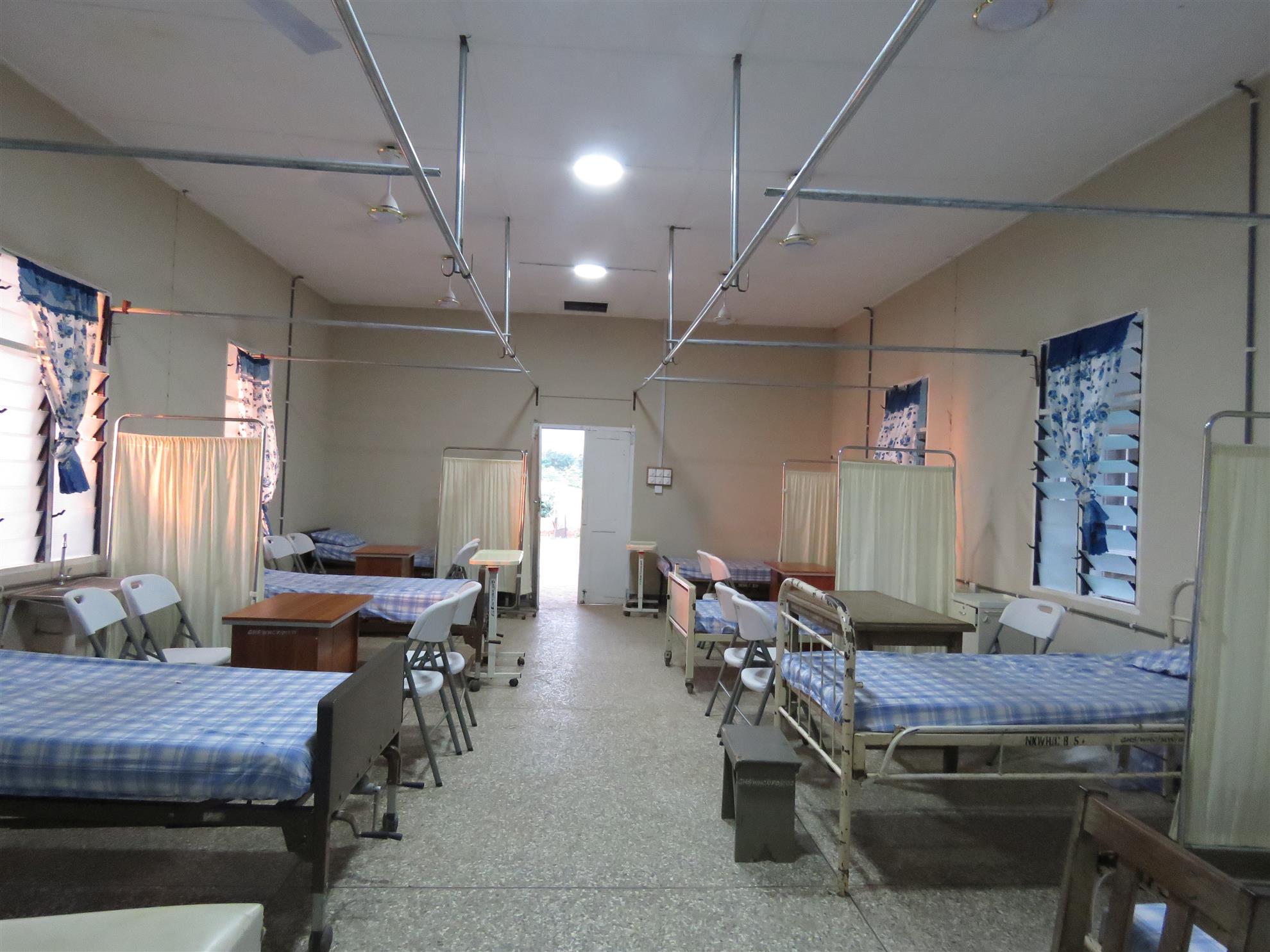An Alarming Situation

Most of us, faced with the prospect of a trip to the hospital, anticipate safe treatment and (hopefully) a swift recovery. But in Sub-Saharan Africa, you could well face the possibility of contracting a disease or an infection. In the most serious cases, departure can be in a coffin.
Ron Denham, Chair Emeritus, recently wrote an article for District 9211 on why Rotary Club's need to take up the challenge of improving the situation of WASH in Health Care Facilities.
Water, Sanitation & Hygiene (WASH) in Health Care Facilities (HCF):
Rotary Clubs Next Challenge
By Ron Denham, Chair Emeritus, WASH Rotary Action Group

An Alarming Situation
Most of us, faced with the prospect of a trip to the hospital, anticipate safe treatment and (hopefully) a swift recovery. But in Sub-Saharan Africa, you could well face the possibility of contracting a disease or an infection. In the most serious cases, departure can be in a coffin.
Lack of water, sanitation, hygiene, waste management and cleaning services poses a threat to every patient. In this dangerous Covid-19 era, it exacerbates the spread of infection and undermines every effort to improve maternal and child health.
Data released by the WHO and UNICEF show that an estimated 900 million people must use health care facilities (HCFs) lacking any water service; 1.5 billion use facilities with no adequate sanitation service. Many more use HCFs lacking hand hygiene service and safe waste management
To illustrate:
Water:

- In the least developed countries, only 55% of HCFs had basic water service
- 14% of HCFs accessed water supply from off the premises
- 12% had NO water service
- 896 million people had NO water service at their HCF
Sanitation
- In sub-Saharan Africa, only 23% of HCFs had basic sanitation.
- 21% of HCFs globally had no sanitation service

- 40% of HCFs in Central and Southern Asia lacked any sanitation service.
- More than 1.5 billion people had NO sanitation service at their HCF
Hygiene
- 16% of HCFs globally had NO hygiene service—no handwashing facilities with soap
- More than half of HCFs lacked hygiene service available at point of care.
And, data from the Republic of Tanzania, including Zanzibar, and Uganda confirm these impressions:
Only 44% of HCFs have functioning toilets. Only 68 % have access to a water supply but that is often unreliable and inconsistent. 42% of facilities with delivery rooms have no handwashing facilities with soap and water. Truly a grim picture.
Added to these shortcomings, more than half of HCFs lacked any waste management services.
Implications of poor WASH Service
According to a recent study, 15% of patients in developing countries suffered from an infection contracted in a health care facility. The risk of water-, food- and hand-borne infection is aggravated by poor hygienic conditions. Lack of hand-washing facilities and poor management of human and medical waste can trigger a relentless cycle of disease.
An opportunity for Rotary clubs
Rotarians, Rotaractors and Rotary Community Corps are well-placed to lead a WinHCF project.
We have credibility. The success of the Polio eradication program has earned Rotary international goodwill and established credibility in the health sector. Local clubs are a natural partner for HCF leaders implementing the program recommended by WHO.
We are the community. Rotarians have a vested interest in ensuring on-going service. Living in the community, bringing up a family, implies a long-term interest in sustainability.
We understand the values and culture of the community better than “outsiders” into what would, and what would not work.
We have contacts Rotarians are the local leaders. They move in the same circles as other community leaders. They can “get things done.”
We can organize. Change may be needed at a political level. Rotarians are natural leaders. They understand the political “temperature”. They are part of the power hierarchy that makes things happen and gets results.
We have a range of skills: financial, medical and technical, to the behavioural and to the political level needed for change.
We have a global reach. Through a network of over 35,000 Rotary clubs worldwide, Rotarians can call on their fellows for any kind of support.
We collaborate with other organizations: to bring about the goals agreed to by the World Health Assembly:
- 50% of all HCFs to have basic WASH services by 2022
- 80% by 2025
- 100% by 2030.
An agenda for Rotary clubs in District 9211
With your impressive background of competence, knowledge and skills, clubs will find many opportunities to work with HCFs and other aligned organizations. For example:
- Help HCF staff to develop WASH priorities, prepare plans and set budgets.
- Build easy-to-maintain, gender-separated, private, sustainable toilets and latrines.
- Install handwashing stands.
- Implement water infrastructure: boreholes, wells, filtration, storage tanks and cisterns, rainwater harvesting.
- Advocate for funding for operations, maintenance and for policy adjustments as appropriate.
- Develop protocols for cleaning and routine maintenance.
- Fund Menstrual Hygiene Management (MHM) programs and materials.
- Strengthen local capacity: designing training programs, training HCF staff in business management.
- Implement behaviour change.
- Ensure adequate procedures for monitoring and evaluating every project and program to ensure lasting benefit and outcomes.
The scope might be limited to physical infrastructure. But, in a more ambitious environment, a group of clubs might work with the local HCF to bring about a total transformation of physical facilities, management, technology and human resources.
How to go about it—where to start
WASH in Health Care is, first and foremost, a Health Care issue, not a WASH issue. So, be sure to involve Rotarians with a health background to ensure a balanced approach. And, even more important, make sure the local health community is involved from the outset!!
So, these are the steps we suggest:
1). Engage the health care community—the senior medical officer in the facility, clinical staff, administration, technical and cleaning, and the local health authority and community. They will all be involved in any change. They must take ownership of whatever is proposed
2). Assess the situation. Jointly with the medical leadership assess the current situation of water, sanitation, hygiene, waste management and cleaning. Analyse the results, identify the “Gaps”
3). Jointly with the administration, and the local health care community, discuss potential solutions and projects.
4). Agree on priorities, weigh long-term costs and benefits, choose the most appropriate solution, set targets, draft a plan, and prepare a budget estimate.
5). Seek partners, with help, if necessary, from WASH Rotary Action Group; reach out to international Rotary clubs, local NGOs and CBOs, local businesses, foundations and, of course, The Rotary Foundation.
6) Prepare a proposal for support, showing strategy for long-term funding and monitoring and evaluation.
The WASH Rotary Action Group (formerly WASRAG) can help you
The WASH Rotary Action Group shares your passion to improve a lot of those in need. We can help you to:
- Identify international partner Rotary clubs.
- Through the Newsletter promote your project among over 50,000 Rotarians
- Seek funding for your project/program from other clubs, TRF and other sources.
- Through the Professional Resource Group provide professional assistance in planning your project and preparing submissions to donors.
Conclusion.
Covid-19 has highlighted the need for cleanliness in all HCFs. The need for WASH is urgent. Never was there such a need and opportunity for Rotary commitment.
Will District 9211 rise to the challenge?
[1] Based on WHO and UNICEF data